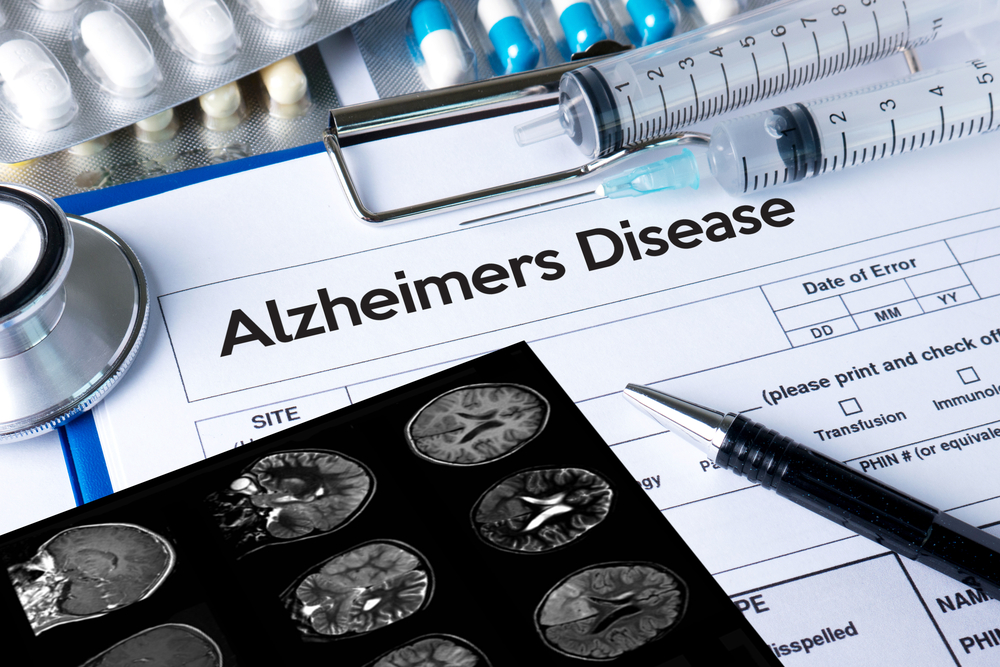If you wish to care for someone with Alzheimer’s or dementia, this information guide will help you cope with the challenges at each stage of the illness, find the support you need and reap the rewards of caregiving. Also, find a reliable source to buy the best Alzheimer’s treatment online.
About Caregiving
This guide is for people who care for loved ones, family members, and others with Alzheimer’s disease at home. Alzheimer’s is a disease that changes the brain. It causes people to lose the ability to remember, think and use things to establish a daily routine. Alzheimer’s disease affects not only the person diagnosed with it but also the entire family, especially the caregivers. For some time now, you have adapted and adjusted to significant changes in your lives and learned new, effective ways to interact with each other. If you care for someone with Alzheimer’s or dementia, you should become more active in managing daily tasks as the disease progresses. Here are ten helpful tips that can help the person with dementia participate as much as possible and enable you to manage daily tasks effectively.
Stages of Alzheimer’s and their care
Signs and symptoms of early-stage Alzheimer’s disease include difficulty remembering even recent events, months, days, weeks, or repeating the same questions. Memory issues include forgetting about the pan you left on the stove and food you kept in the refrigerator. Problems with financial matters lie in making mistakes while filling a cheque and social withdrawal. Some individuals may also experience trouble making decisions, losing things, and getting lost easily, even in familiar surroundings. The affected person continues to deny that anything is wrong.
Caregiving at an early stage
- Knowledge about the illness – The more you know about the disease, the better you can manage the condition. Learning about your loved one’s condition can improve communication and help you cope with their changing behaviour.
- Emotional support – Accept the diagnosis, take time to process the news, and allow yourself and your loved ones to transit to the new situation. Let your loved ones express their emotions and current feelings regarding the diagnosis, and encourage them to continue pursuing activities that add purpose to their life. Emotional support from a professional counsellor becomes essential at this stage of the illness.
- Family role – With the progression of the disease, the affected person fails to perform their duties in the family. Understanding this earlier may help the caregiver prepare for the future and plan strategies accordingly.
- Finances – You also have to manage their finances. In this process, you have to make decisions on their behalf. You must read their insurance policies to understand what comes under their health insurance. It would also help to discuss the burial wishes.
- Legal – You will need the authorization to make medical decisions on their behalf. So, legal work should be completed as early as possible in the disease process.
During the middle age of Alzheimer’s, certain behavioural changes may vary between individuals. They include anger, paranoia, and suspicion. Other changes emerge, which include repetition of questions or statements may increase, spatial issues, restless mostly in the evenings, improper walking, forgetting his way even to home, loss of table manners, and forgetting to change clothes. Needing help bathing, combing hair, shaving, and going to the toilet is also common. The affected individual may also suffer from incontinence, become violent, and sometimes manifest inappropriate sexual behaviour. Also, there is an increasing problem with verbal expression, loss of reading and writing, and even difficulty recognizing family relations. All this may require supervision, possibly for the entire day.
Both the patients as well as caregivers need constant help and support during middle age in the following ways:
- Dealing with challenging behaviour – People with Alzheimer’s become forgetful and easily confused. They may have difficult times concentrating and behave in odd ways. The symptoms worsen as the illness worsens, making your job as a caregiver harder.
- Emotional support – An essential help for caregivers even more during this more challenging mid-stage Alzheimer’s disease care.
- Respite Care – This is known as short-term relief for caregivers. The length varies but can range from one day to several weeks.
- Safety – Forming safe and comfortable environmental care for the affected patient and caregiver is important during the mid-age journey.
- Medical Care – Individuals dealing with Alzheimer’s may need medical care for Alzheimer’s and any associated issues, thus requiring medical help. Buy Alzheimer’s medicine online at best prices from a reliable source like reliablerxpharmacy.com.
During the later stages of the disease, patients may lose communication ability, lose the walking ability, unable to recognize anyone, and may be unable to swallow. Some may experience occasional seizures, weight loss, and uncontrolled bowel or bladder movement. Caregiving at this last stage includes placing the affected individual under the supervision of experts where adequate caregiving is available. Hospital services include support groups, pain management programs, visiting nurses, and home care.
The final word! This information guide is specially designed to give you daily care information for the different stages of dementia. This information guide will also cover ways to keep you mentally and physically healthy. Buy Alzheimer’s drugs online to get the best price.




